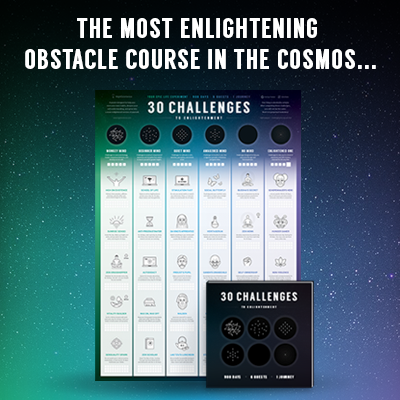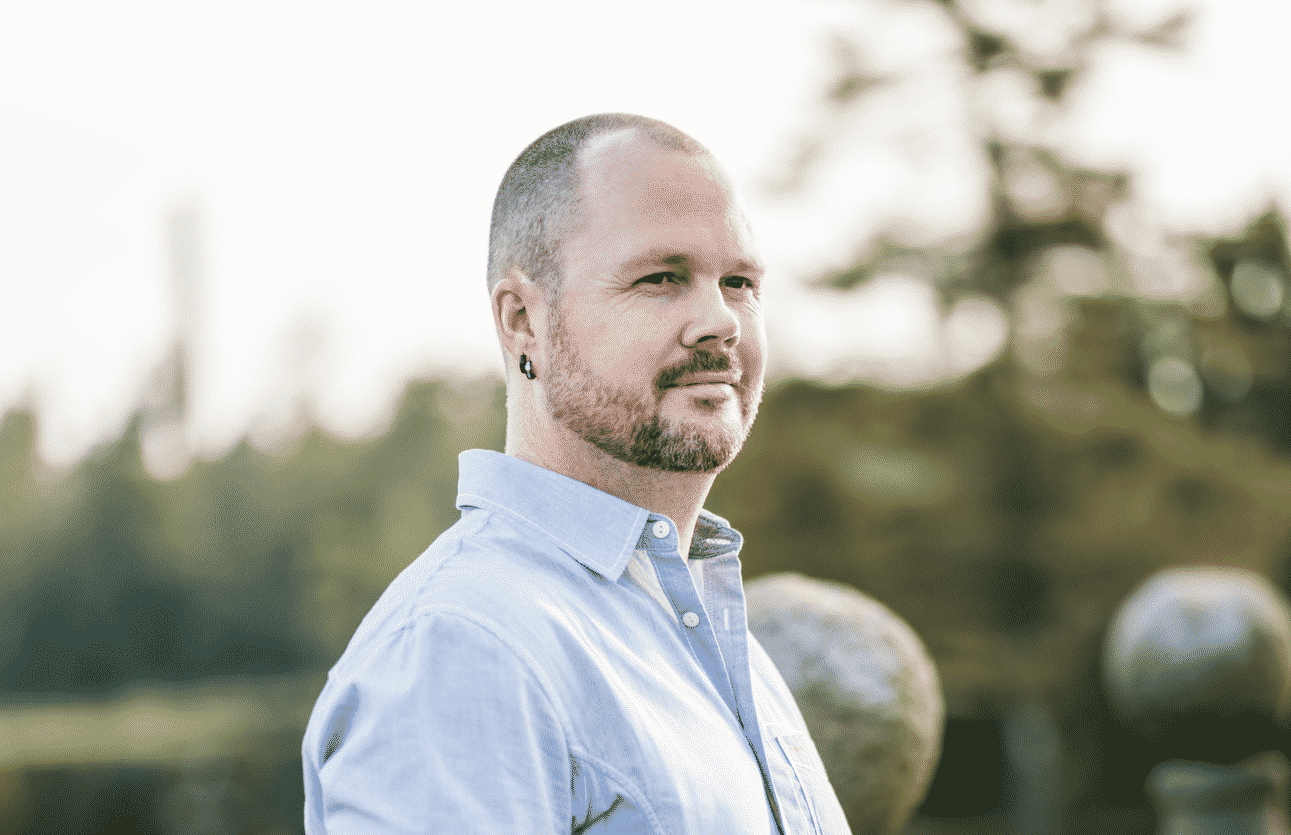Jordan Bates • • 5 min read
50 Sentences That Will Convince You to Become a Digital Nomad

Traditional notions of work have vastly restricted your sense of what is possible.
Imagine a life of no bosses, no schedules, no alarm clocks, and no commutes, in which you’re free to work wherever and whenever you want.
Such a life might strike you as the substance of fantasy, but in fact it has never been more possible to create this situation for yourself.
The rise of ubiquitous Internet access has fundamentally changed the world of work. “Software is eating the world,” as Mark Andreessen famously put it.
The increasing automation of traditional physical labor—combined with many people’s inescapable feeling that cubicle life is a wasteland—has birthed a new class of workers who are hungry for the freedom of remote work.
These workers realize that many jobs are now online, and they see the emerging potential for higher autonomy in work and life.
One study projected that 40% of the American workforce—over 60 million people—will be freelancers (contingent workers) by the year 2020.
These numbers suggest the enormity of the shift that’s taking place—a shift with implications which promise to reverberate for centuries to come.
In short, the world of traditional labor is crumbling.
And many are saying “Good riddance!,” recognizing that the disciplinarian restrictions that come with traditional labor are also fading away.
A new echelon of work freedom is being realized.
This echelon is perhaps best exemplified in the emerging “digital nomad” class of workers.
Digital nomads are freelancers, entrepreneurs, and/or remote workers who work entirely online while traveling the world.
Having been a digital nomad for about one year now, I can tell you that the radical degree of freedom is quite liberating and intoxicating.
It’s hard to imagine returning to the world of traditional work anytime soon.
As I write this, I’m staring out over the Mediterranean Sea from the balcony of my beachside apartment in Durres, Albania.

I’ve been backpacking Europe for nearly 4 months now and have made it to the Netherlands, Germany, France, Belgium, Greece, and Albania.
This apartment in Albania cost me a mere $440 for the month via AirBnb.
This is one of the keys to digital nomadism: If you live where the living is cheap, you don’t actually need to make that much money to sustain the lifestyle.
“But how in the world do I go about finding online work?” you might ask.
In short, begin by honing some of the following practical, marketable skills: writing, graphic design, illustration, animation, programming, copywriting, SEO, social media marketing, project management, blogging, viral content creation, growth hacking, email marketing, podcasting, basic business skills, WordPress, data analysis, copyediting, and/or customer service.
In theory, becoming excellent in any one of these areas is all it takes to find online work, though you’ll be more effective and have more luck by becoming proficient in a number of these areas and excellent in at least a couple.
This doesn’t need to be overwhelming. Gaining proficiency in a few of these areas is something you can easily do in your spare time.
You need not attend university to train in these skills.
You can use the Internet—the greatest learning resource ever created—to teach yourself virtually all of these skills for little to no money.
Use No Excuse List, Coursera, Kahn Academy, and Lynda to get started.
I’ve found that the best way to really learn these skills is to actually build things.
Build a website, start a podcast, make YouTube videos, launch a blog, start an eBay business, release some music, run a Facebook page, publish an eBook, create an app, start an online store, draw a webcomic—the possibilities are truly limitless.
In the ideal, one of these side projects will take off and become a profitable business that can form the foundation of your career as a digital nomad.
Though to be honest, that’s not likely to happen with your first or even your fifth project. Persistence is absolutely indispensable.
The key thing to realize is that with each project, you’re honing your existing skill set, gaining new skills, and building your portfolio/resume.
Once you’ve built up a marketable skill set, a fair chunk of experience, and some kind of resume/portfolio (or simply are able to demonstrate your expertise), you can begin hitting job boards, listing yourself on freelance sites, or attempting to launch a small business/company.
It is beyond the scope of this article to go in-depth about the particulars of how to find an online job or start a successful online business.
Luckily, you have the world’s knowledge at your fingertips. As an aspiring digital nomad, this is perhaps the most crucial thing to remember.
Knowledge truly is power, especially in an age in which intellectual/creative work is becoming more common than physical labor.
At every step of the process, Google is your best friend. Ask questions continuously.
Read loads of material on entrepreneurship. Start with this longer guide I wrote and expand outward from there.
For good measure, here’s one of the best no-nonsense articles I’ve seen on navigating a job search (read the comments too); here’s one of the best introductions to entrepreneurship in existence; and here’s the greatest series I’ve found on the ways in which software/the Internet are changing the world of work.
Don’t forget to balance all your reading with action and experimentation. Again, learn by doing.
If you’re dedicated and smart about how you train, it’s possible to start from square one and gain the skills necessary to find online work in roughly 6 months to one year.
It’s likely, though, that it will take a minimum of a couple years before your online career is really up and running.
Don’t let this discourage you. As Bill Gates put it, “Most people overestimate what they can do in one year and underestimate what they can do in ten years.”
If you’re serious about becoming a digital nomad and/or entrepreneur, you should be thinking long-term. “Overnight successes” do not exist.
In my experience, the journey—the gradual process of learning, experimenting, and finally, succeeding—is extremely worthwhile.
You probably don’t want to have this life handed to you on a platinum platter. It’s more meaningful to earn it.
The reward for all of your hard work is among the sweetest nectars in the human experience: freedom.
A life of freedom, flexibility, self-reliance, independence, self-direction, and mobility.
For a certain type of person who thrives on structure and familiarity, this life won’t hold that much appeal.
But for those who crave the opposite, such a life will seem more than appealing; it will seem like everything—a High Existence.
It seems appropriate, then, to end this article with a single question: What type of person are you?
Further study:
The Great Rat Race Escape, by MJ DeMarco: This book by MJ DeMarco is widely regarded as one of the greatest books ever written on entrepreneurship. If you’re interested in pursuing this lifestyle, it’s a must-read. You can read this 8,000-word breakdown of the book for free on the Stairway to Wisdom.
The Dark Side of the Digital Nomad: If you’re considering pursuing this lifestyle, it’s worth understanding that as with any lifestyle, there are downsides. This article of Mark Manson’s is a great summary of the shadow aspects of the digital nomad lifestyle.
If you want to overcome conditioning and make a habit of doing the extraordinary…
Our new course is for you:
30 CHALLENGES TO ENLIGHTENMENT

If you’re ready to transcend your boundaries, you need to check out our new course, 30 Challenges to Enlightenment. It’s a toolkit for breaking out of old patterns and claiming a High Existence.

Jordan Bates
Jordan Bates is a lover of God, father, leadership coach, heart healer, writer, artist, and long-time co-creator of HighExistence. — www.jordanbates.life








